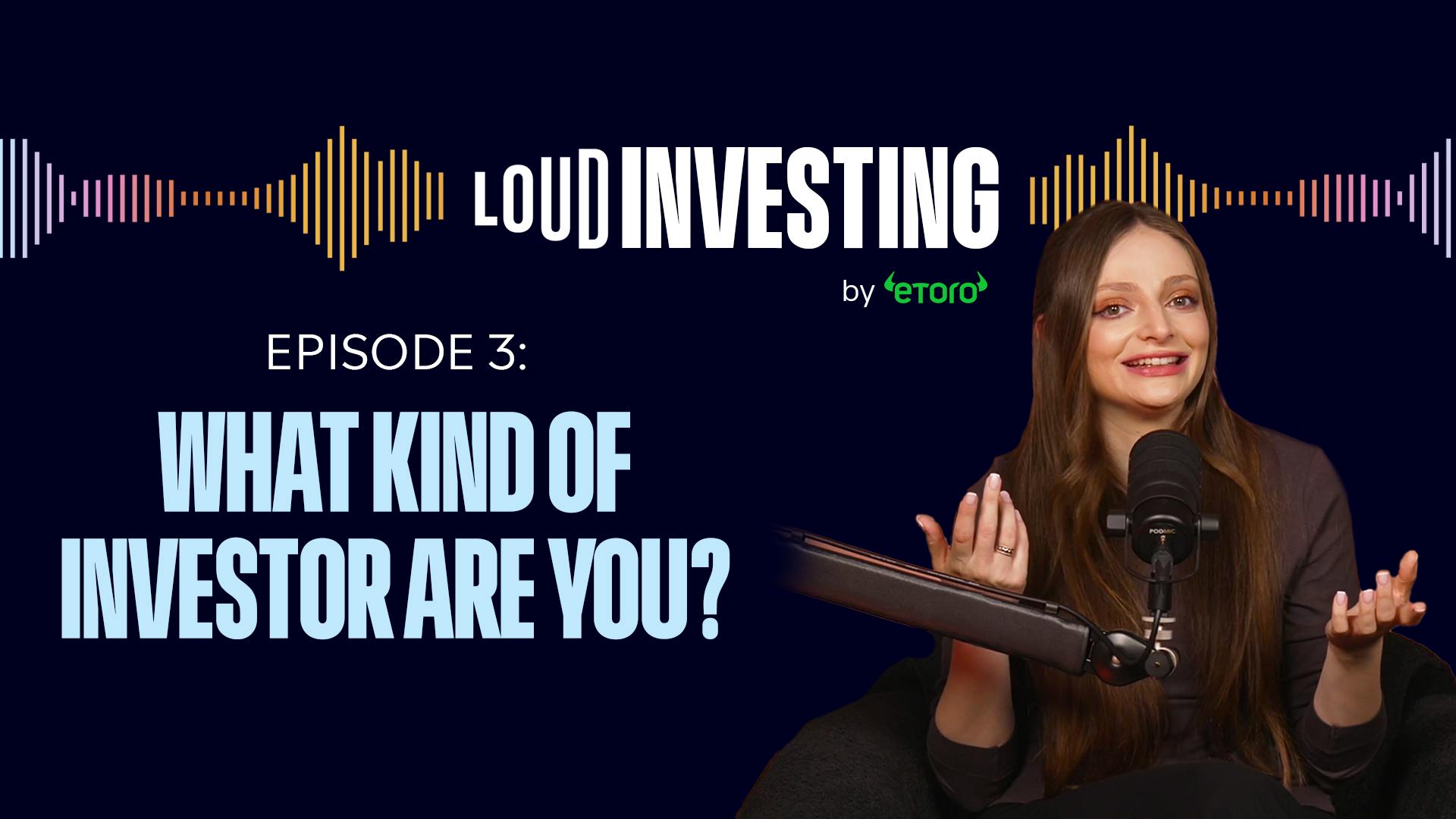How to ‘Hit Start’ On Investing | A Beginner's Guide to Your First Investing Strategy
Description
Starting can be the hardest part, especially when it comes to investing. In this episode of Loud Investing, Chanel explains how to move from learning to doing, guiding you through the exact steps to go from demo account to real investing. You’ll learn about ETFs, diversification, risk tolerance, and how to build an investment strategy that actually fits your goals.
You’ll Hear Highlights On:
- How to move from practicing in a demo account to real investing.
- The Core and Satellite strategy that helps balance risk and growth.
- Why ETFs are a great starting point for beginner investors.
- How diversification protects you from market swings.
- The role of psychology in investing and how to manage fear of loss.
- How to build an investing habit that sticks.
Actionable Steps You Can Take Toward Your Financial Future:
Open a demo account and practice making trades without risk.
Choose an ETF that tracks a major index like the S&P 500 or FTSE 100.
Start small with a Core and Satellite strategy, using ETFs for stability and a few individual stocks for growth.
Automate your investments through recurring deposits and stick to a schedule.
Track your emotions, notice how you react to gains and losses, and adjust your mindset.
Key Moments within the Episode:
(00:00 ) Why starting small is the most powerful first move
(01:00 ) The Core and Satellite investing strategy explained
(03:19 ) ETFs and how diversification works in your favor
(05:01 ) Understanding S&P 500 historical performance
(06:13 ) Behavioral psychology, why we feel losses more than gains
(08:00 ) How to use Dollar-Cost Averaging to reduce emotional risk
(10:04 ) Automating your investing strategy
(11:23 ) The mindset shift from consumer to investor
(12:37 ) Building the habit of consistency
Helpful Links:
eToro Academy: How to Practice Trading with a Demo Account https://www.etoro.com/trading/demo-account/
Core and Satellite Investing Explained https://www.investopedia.com/articles/financial-theory/08/core-satellite-investing.asp
What Are ETFs? https://www.etoro.com/investing/what-is-etf/
Diversification in Investing https://www.etoro.com/investing/how-to-build-a-diversified-portfolio/
James Clear: The Power of Habits https://jamesclear.com/habits
Morgan Housel: The Psychology of Money https://www.collaborativefund.com/blog/the-psychology-of-money/
Harvard Blog: The Power of Small Wins https://summer.harvard.edu/blog/why-celebrating-small-wins-matters/#What-Are-the-Benefits-of-Celebrating-Small-Accomplishments
S&P 500 Index Overview https://www.spglobal.com/spdji/en/indices/equity/sp-500/FTSE 100 Index Overview https://www.londonstockexchange.com/indices/ftse-100
NerdWallet: Average Stock Market Return (S&P 500 Historical Performance) https://www.nerdwallet.com/article/investing/average-stock-market-return
S&P 500 ETFs https://www.justetf.com/uk/how-to/sp-500-etfs.html
Investopedia: Prospect Theory https://www.investopedia.com/terms/p/prospecttheory.asp
Understanding Investment Risk https://www.investopedia.com/terms/r/risk.asp
eToro Academy: What Is Dollar-Cost Averaging? https://www.etoro.com/investing/dollar-cost-averaging/
Spotify Shares Drop: https://www.cnbc.com/2025/07/29/spotify-spot-stock-q2-2025-earnings.html
Important Disclosures:
This podcast is for information and educational purposes only and should not be taken as investment advice, a personal recommendation or an offer of or solicitation to buy or sell any financial instruments.
This material has been prepared without taking into account any particular recipient's investment objectives or financial situation and has not been prepared in accordance with the legal and regulatory requirements to promote independent research. Past performance is not an indication of future results.






